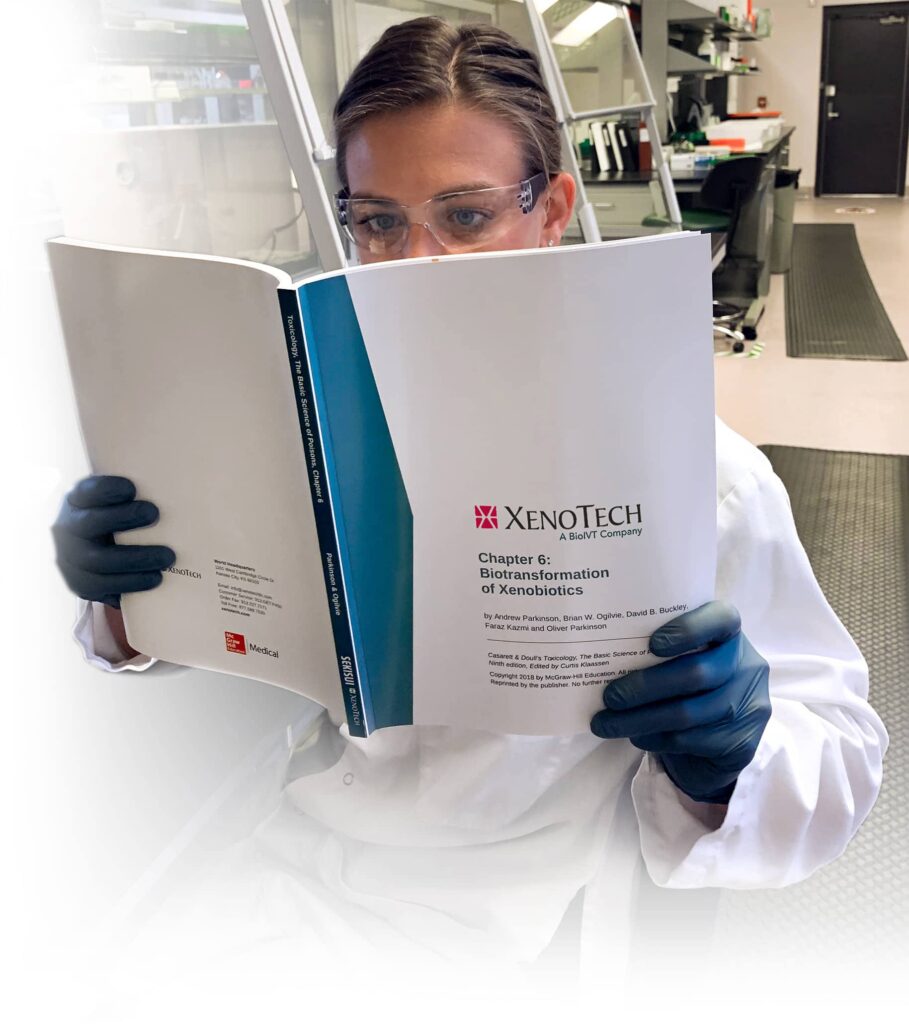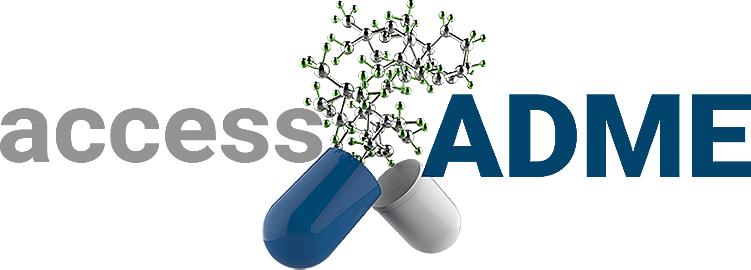Enzyme Induction studies predict a compound’s likelihood to increase clearance of a concomitant (victim) drug by up-regulating (inducing) enzymes that metabolize it. To learn more about this service, visit our Enzyme Induction contract service page.


Enzyme Induction studies predict a compound’s likelihood to increase clearance of a concomitant (victim) drug by up-regulating (inducing) enzymes that metabolize it. To learn more about this service, visit our Enzyme Induction contract service page.
Over the years, we have received a lot of questions about cytochrome P450 (CYP) 2C induction studies. In February of...
With over 3500 respondents, only 4% of respondents said they had never experienced any repercussions from postponing these studies...
Highlights from the recent webinar presented by our newest expert consultant, Dr. Pallavi Limaye In her recent webinar (now available for...
In its most recent in vitro drug interaction guidance update, the US Food and Drug Administration (FDA) emphasized harmony with the...
1. Collect high-quality data to make informed, confident go/no go decisions for moving your drug candidate forward If you need...
Beyond the need for evidence that a drug works, Food and Drug Administration (FDA) and other regulatory bodies around the...
Though there is no ‘roadmap’ spelling out required studies to achieve regulatory approval for clinical entry, a drug candidate’s metabolism...
Test systems for DMPK in vitro studies are part of the very foundation of our company. Our labs were borne of...
Generally, a drug’s effects on enzyme and transporter activity are examined independently in a drug development program, but what if...
Why do induction studies? Induction potential is an important piece of the drug-drug interaction (DDI) component of an IND submission. Simply put, we...
That is the question. . . Knowing the answer may save you time and money Good Laboratory Practices (GLP) are...
XenoTech is proud to have made contributions to the paper entitled, “Considerations from the IQ Induction Working Group in Response...
If you have concerns about how your compound may affect UDP-glucuronosyltransferase (UGT) induction and/or inhibition when combined with other therapeutic...